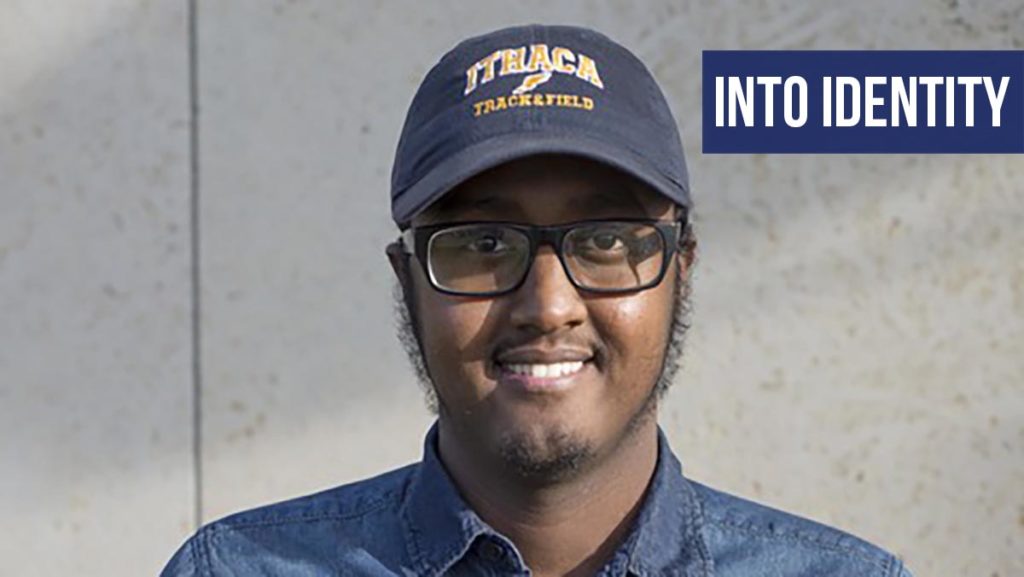What exactly do the words solidarity and allyship mean? How can allies effectively show support without detracting from marginalized voices and groups? Do the “intentions” of allies ever matter? Can allyship be a form of identity?
On campus, I’m part of many social and political organizations. We often discuss challenging and crucial questions surrounding privilege, power and oppression. Oftentimes, questions about solidarity and allyship are particularly and understandably fraught. Allyship and solidarity mean different things to different people.
Here’s what I think about these tensions.
Simply put, an ally is someone who uses their relative privilege to advocate for marginalized people. Obviously, anyone can just fashion themselves as an ally and not engage in any meaningful work to assist marginalized communities. In other words, performative political actions can be disguised as “allyship.” This is irritating at best and pernicious at worst. There aren’t any definitive ways to be a good ally. However, it typically begins with genuinely listening to marginalized voices, recognizing constructive criticism and being aware of the complex dynamics of organizing.
Some allies may conceptualize their political actions/orientations as a form of identity. This is unsurprising because the term allyship is increasing in popularity. I don’t view it in such a way. I think it’s merely a title that’s bestowed upon you by the group you are purporting to help. Also, allies can easily separate themselves from the structural problems faced by certain groups.
People cling onto the idea of allyship as a way to build solidarity. This is especially important when it comes to dismantling oppressive structures. However, allyship does have a tendency to veer into condescension and self-congratulation. I’m skeptical of white-liberal allyship in particular. How can someone who clearly benefits from your struggles in a white supremacist society even be considered an ally? This isn’t to say that white people cannot sincerely work with black folks to confront racism. I’m just interrogating the usefulness of allyship as a framework to understanding oppression because the word “individual” is at the heart of solidarity. And issues of oppression are very much beyond the individual.






